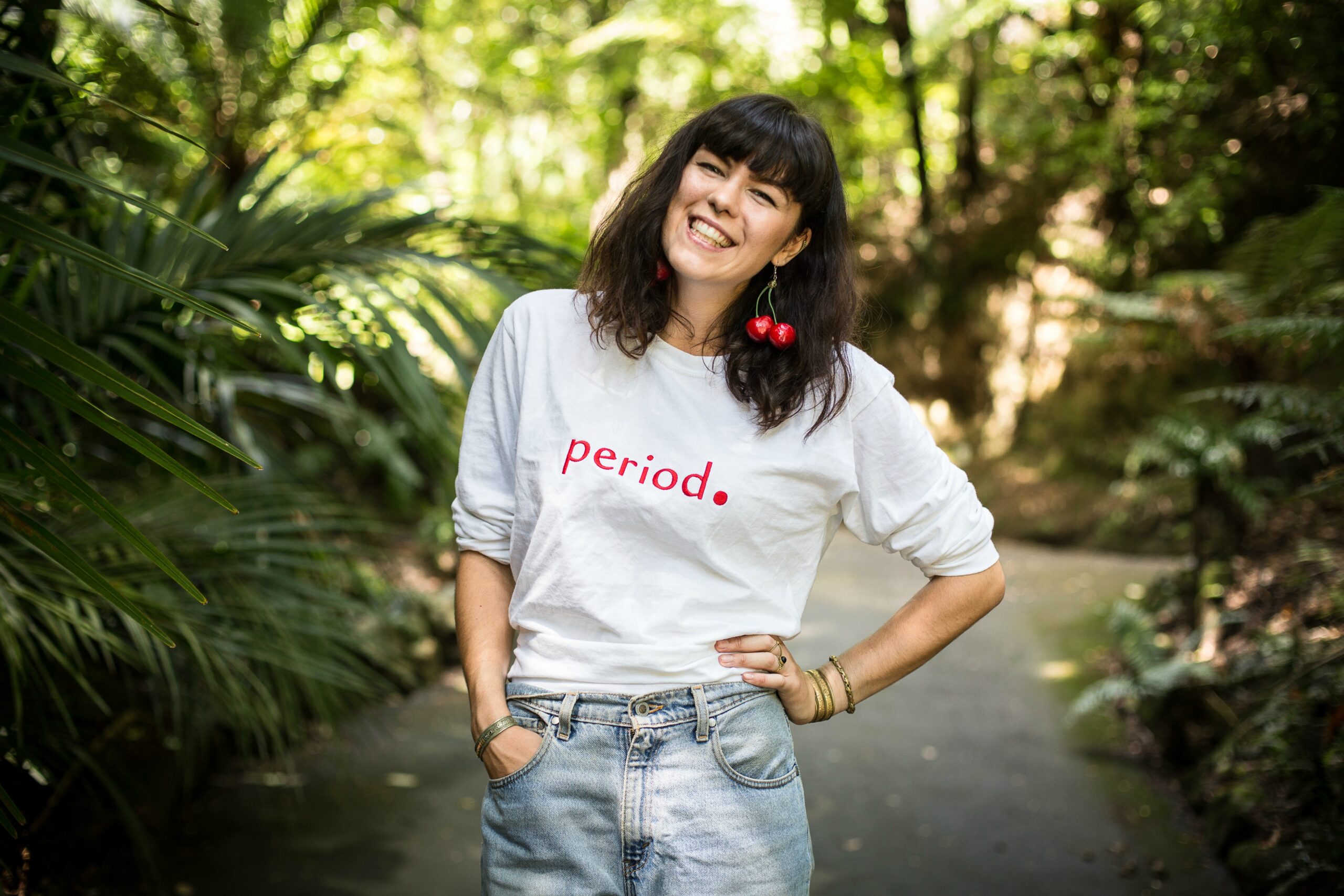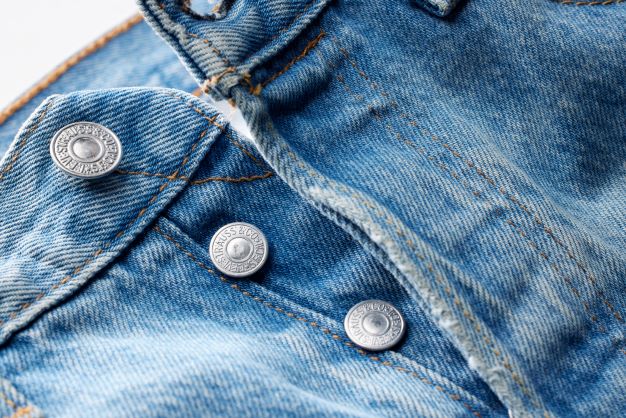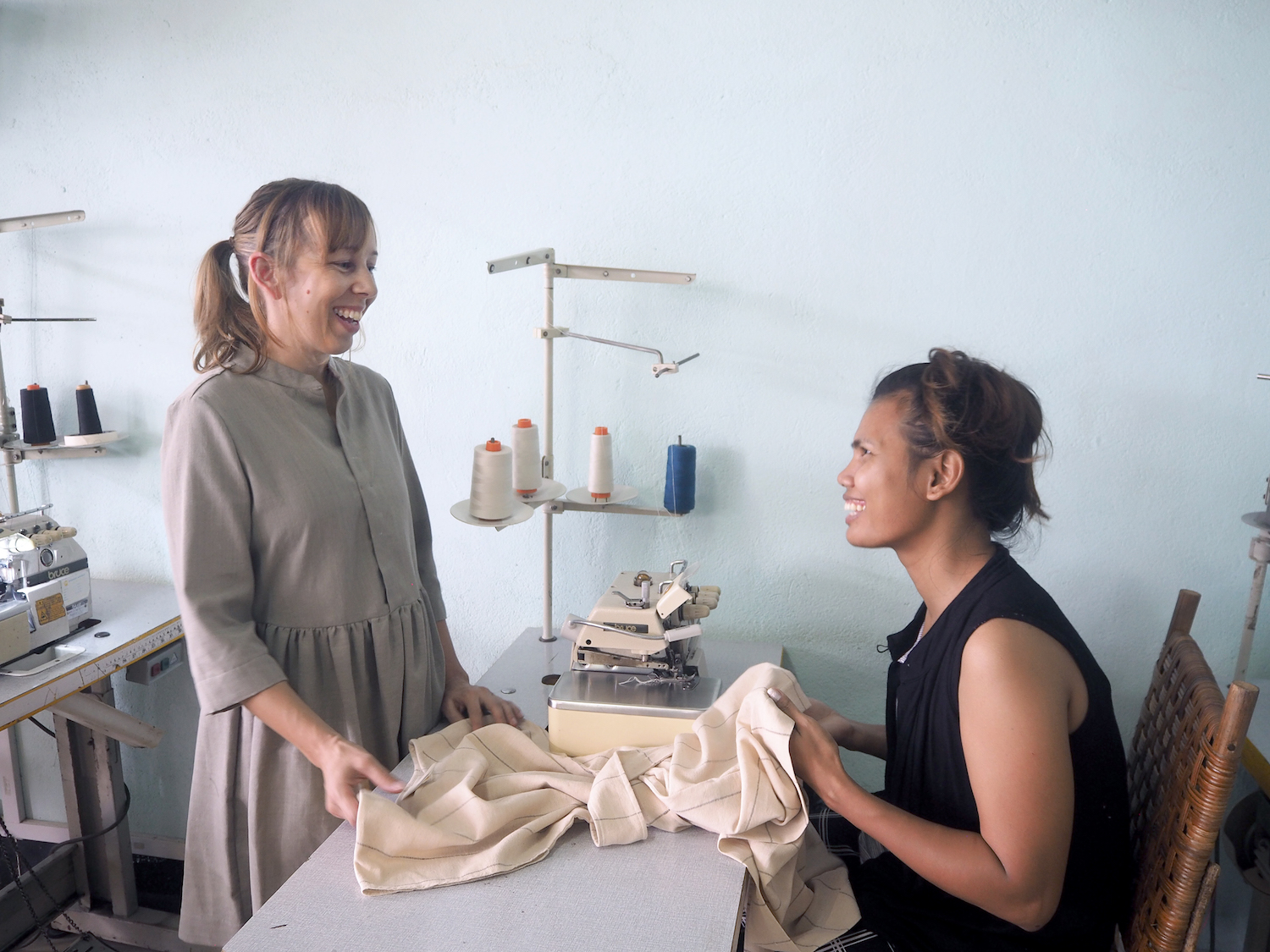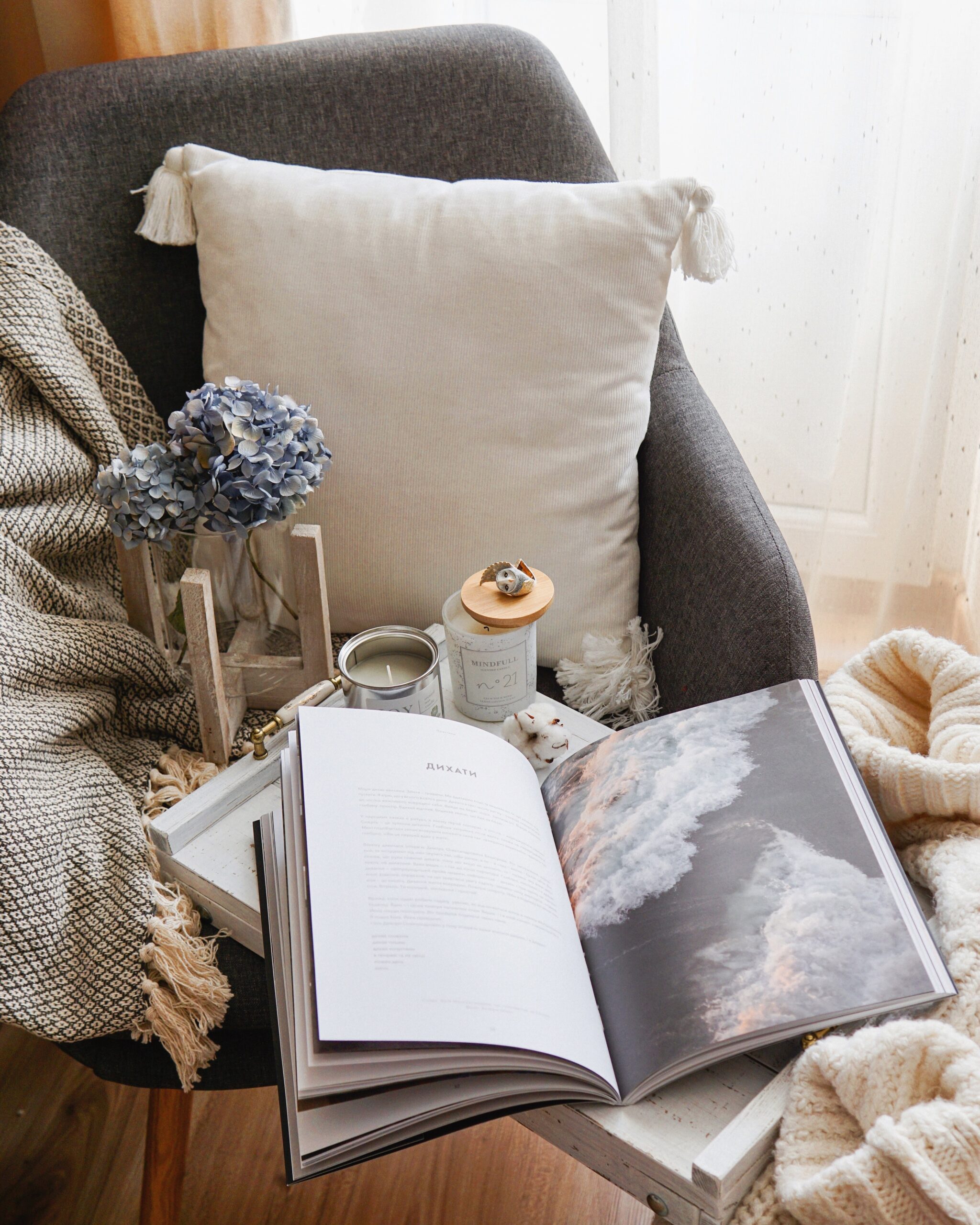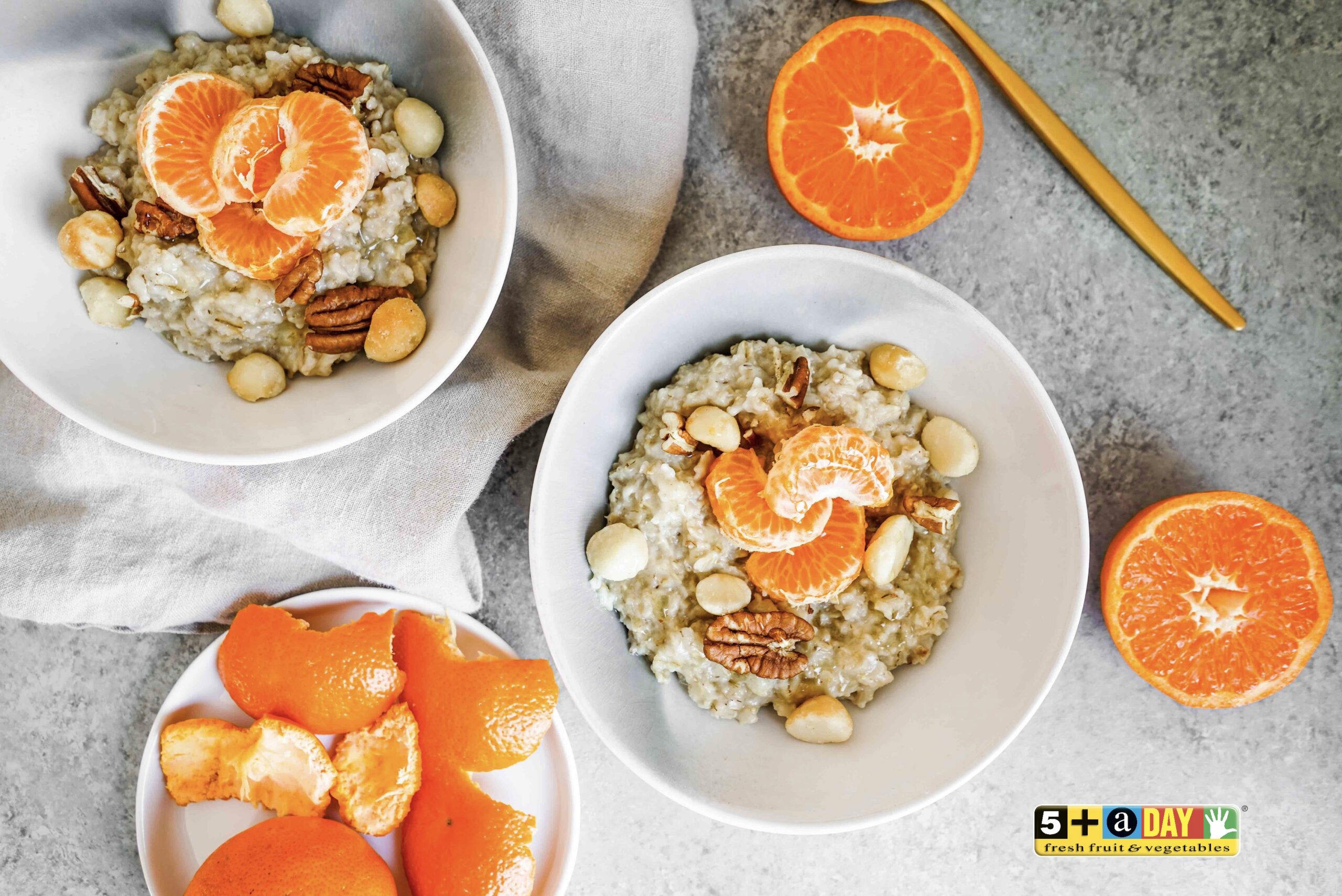A recent KidsCan survey has exposed the bleak extent of period poverty in New Zealand. Here’s how you can help, as well as some great charities and people helping make a difference already
A recent survey conducted by Kidscan has come with some bleak results, highlighting New Zealand’s bleak period poverty statistics. The charity conducted the survey in a bid to understand the level of period poverty Kiwi girls and women are experiencing, and the topic struck a chord, with more than 5,000 responses nationwide.
Almost a quarter of New Zealand women who responded say they have missed school or work because they have been unable to afford sanitary items.
The survey, thought to be the first of its kind in New Zealand resulted in the following responses:
● 53.1 per cent said they had found it difficult to access sanitary items due to cost at some point (8.6 per cent frequently, 44.5 per cent occasionally.)
● 23.6 per cent said they had missed school or work due to a lack of access to sanitary wear.
One in three respondents said they had had to prioritise buying other items, like food, over sanitary items. When they couldn’t afford them, most (53.8 per cent) resorted to toilet paper, but 7.7 per cent had used rags, 3 per cent old cloths and many mentioned using disposable or cloth nappies.
KidsCan are particularly concerned by what teenagers are reporting. 27 per cent of the survey respondents were aged 15-17 years. In the under 17 age group, 7 per cent were currently struggling frequently to afford sanitary items and 29 per cent said they had missed school or work due to having their period and lack of access to sanitary products.
KidsCan’s CEO Julie Chapman says “As Kiwis we pride ourselves on leading the way in gender equality. But this is a huge, hidden barrier to that.
“For girls in low income families, education is the best way out of hardship. But they’re being denied that chance because they can’t afford basic necessities like sanitary items.”
The survey was inspired by the Free Period Scotland campaign, which ran a similar questionnaire, producing similar results. In August, in a world-first, Scotland announced all students would receive free sanitary items.
KidsCan supplies schools nationwide with sanitary items – as well as food, shoes and raincoats – to help remove any barriers to learning. This year the charity has supplied more than 16,000 boxes of tampons, pads and liners to hundreds of schools.
What you can do
Head to kidscan.org.nz to learn more, and if you can donate, just $20 a month can make a world of difference.
More local heroes
The winner of this year’s Millennials on a Mission award at the Sustainable Business Network Awards was Olie Body (pictured in hero image above), whose extraordinarily witty and engaging organisation Wā Collective also won the Communicating for Change category.
Body’s mission is to end period poverty, period waste and change the way society talks and acts about menstruation.
She founded social enterprise Wā Collective, which sell gold standard menstral cups. Every menstrual cup sold subsidises one for someone in need. Each cup lasts 10 years, saving around 2500 disposables from reaching landfill. The team is sustainable in all aspects of the business, from compostable packaging to second-hand postage material.which has prevented 465,000 disposable menstrual products from entering our landfills this year alone. In the process she has saved menstruators $160,000 that they would otherwise be collectively spending each year. The enterprise was started after Body discovered that one third of NZ students have skipped class due to a lack of access to menstrual products, and furthermore, New Zealand sends 357 million disposable menstrual products to landfill each year. They can take up to 500 years to decompose. For more, visit wacollective.org.nz


